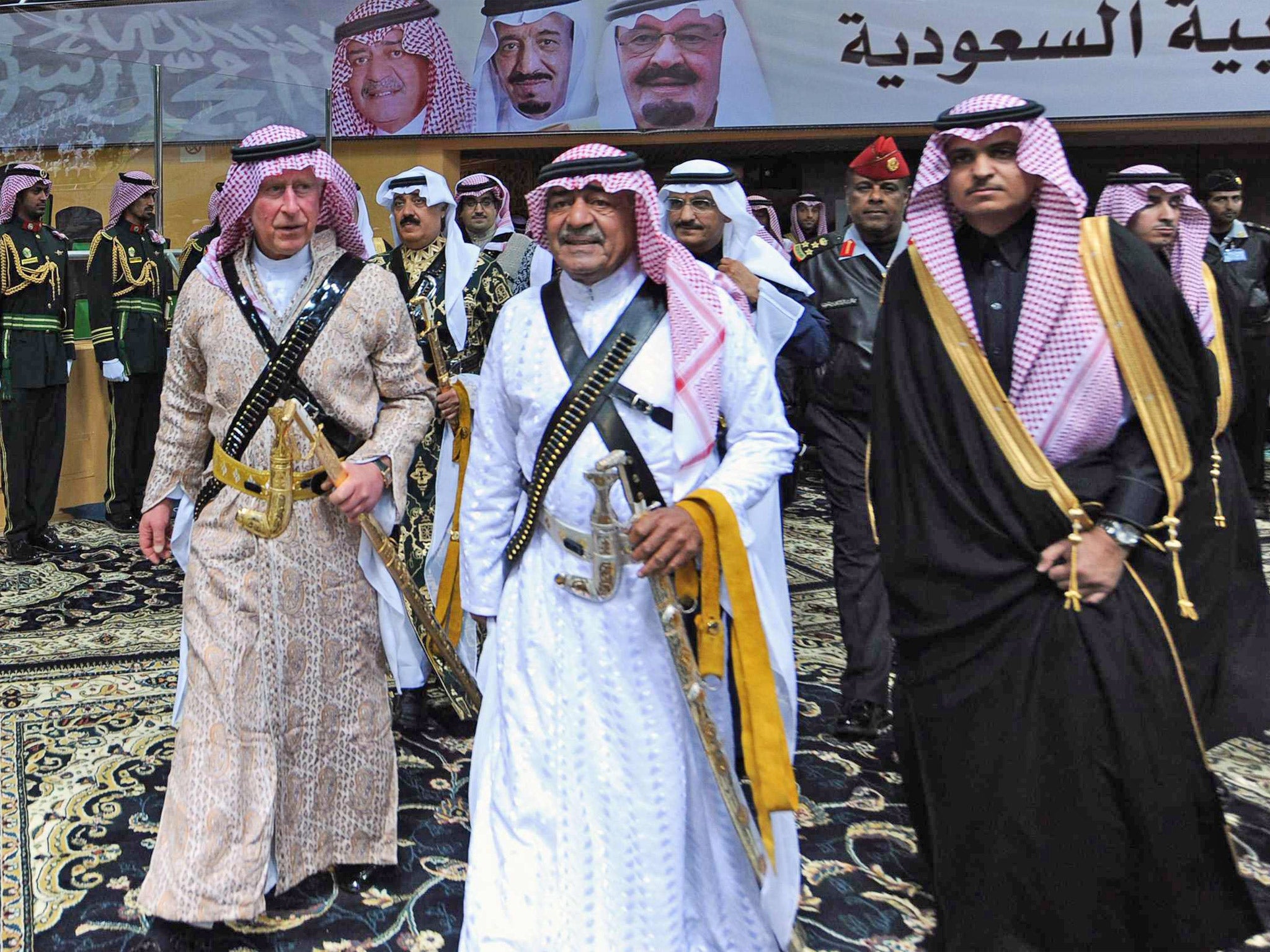When Saudi Arabia’s elderly king took the unusual step of naming a deputy heir, the move initially was welcomed as a sign of continuity in a country that soon will confront major questions over the future of its leadership.
But in subsequent weeks, the announcement has stirred a rare outburst of dissent, revealing previously unacknowledged strains within the royal family and casting into doubt prospects for a smooth transition from King Abdullah’s rule.
The king’s youngest brother Muqrin, who was named deputy crown prince on the eve of US President Barack Obama’s visit in March, appears to be popular among ordinary people, who say he is not corrupt. He also is well-regarded by foreign diplomats, who describe him as likeable and smart.
But behind closed doors, royal tongues have been wagging about the manner in which Muqrin was chosen, the validity of his title and his pedigree, as the son of a Yemeni concubine who was never married to his father.
“He is not a real prince, his mother was a slave and there are other brothers who are more competent,” said a former Saudi official who spoke on condition of anonymity. “Nobody believes Muqrin can become king.”
Some of the dismay has found a public airing on Twitter, which is better known in the Middle East for its role in fomenting social unrest but has found a niche as an outlet for disgruntled royals.
“He was picked for this post because he is easily used,” tweeted an account known as @mutjahidd, which has 1.4 million followers and is thought to belong to a palace insider because its information is often accurate.
The griping may merely reflect sour grapes among those left out, or perhaps just the increased opportunities afforded by social media for tensions to come to light.
It has become clear, however, that Muqrin’s elevation is unpopular in at least some quarters, foreshadowing the strife that many fear will erupt as the older generation of the royal family passes away.
The controversy goes to the core of what is perhaps the biggest question hanging over the family-run, oil-rich country, which does not have a clearly defined succession process in place.
The founder of the Saudi state, King Abdul Aziz ibn Saud, decreed only that his first son would inherit the throne, and over the next six decades the succession passed from brother to brother roughly in order of age. Soon, however, the last of the brothers (of which there were at least 35) will die, necessitating a transfer of power to the brothers’ sons — the third generation of the family.
Given that there are scores of princes in that category, the potential for discord is high. Whoever inherits the throne is likely to anoint his own brothers as future heirs, thereby cutting out cousins from access to the throne and the patronage it provides.
In light of Saudi Arabia’s strategic significance as the world’s biggest supplier of oil and a close ally of the United States, the succession dispute is therefore of “considerable concern”, said Simon Henderson of the Washington Institute for Near East Policy.
“The identity and character of the future king is not known, and the circumstances under which he becomes king are likely to be contentious,” he said. “That introduces instability to Saudi Arabia.”
The issue also is growing in urgency as Abdullah enters his 90s. He breathed with the help of a respirator throughout his two-hour meeting with Obama in March, and he makes frequent visits to hospitals in the United States. His immediate successor, Crown Prince Salman, is hardly in better shape, setting up something of a race to see which of the two brothers will pass first.
And so the choice of Muqrin, a British-educated fighter pilot who has close ties to the United States, had at least some logic. A relatively youthful 69, he could be king for years, deferring the tricky question of how to transition to the next generation. In light of the poor health of Salman, who is said to be suffering a form of dementia, it would seem to make sense to have an heir in reserve.
But designating a successor is traditionally the prerogative of the monarch, and the job of deputy has never existed before. Moreover, the naming of Muqrin skipped over at least two other brothers.
“What happened was against Islam, and against the whole history of Saudi Arabia. There is no such thing as a deputy crown prince,” said the former Saudi official, who supports Ahmed, one of the older brothers.
“Muqrin will potentially be the weakest king in Saudi history,” said one Western diplomat. “He is not from the first ranks of the royal family, he has no constituency and he will have to ride herd on a lot of powerful princes.”
© The Washington Post
Subscribe to Independent Premium to bookmark this article
Want to bookmark your favourite articles and stories to read or reference later? Start your Independent Premium subscription today.


Join our commenting forum
Join thought-provoking conversations, follow other Independent readers and see their replies